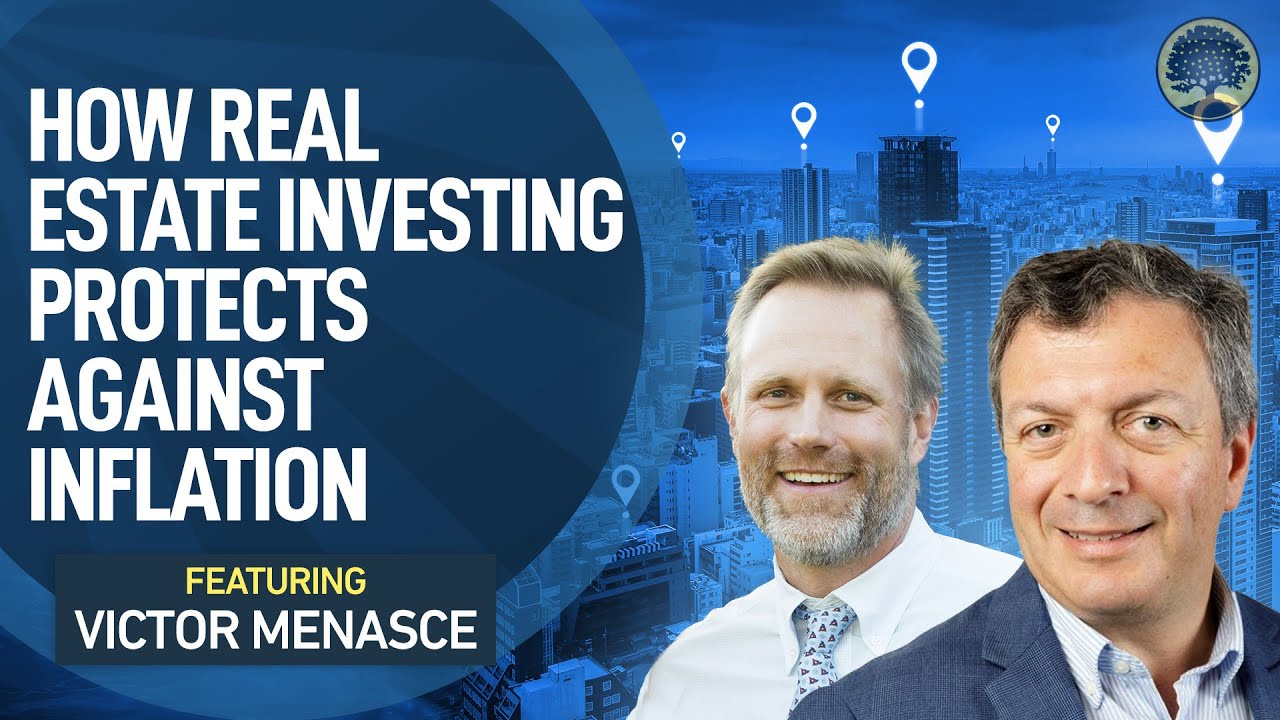Inflation concerns are mounting from the nearly $20 trillion in monetary and fiscal stimulus released across the world just in 2020 alone.
This is changing the rules of investing – and most folks with traditional portfolios are going be caught completely unaware by this, warns real estate expert, Victor Menasce.
Which is why now is an extremely good time to consider adding or increasing income-producing real estate to your portfolio, Menasce advises -- because inflation works to the real estate equity holder's advantage.
How?
Good properties generate rents that will adjust higher as inflation rises, while the mortgage rate securing the property won’t. This dynamic simultaneously preserves the purchasing power of your property’s income stream while diminishing the true cost of paying off its underlying debt.
On top of that, good properties will also return attractive equity gains while yielding tax breaks unavailable to most other asset classes.
And for those interested in becoming a real estate investor but uninterested in becoming a landlord, Menasce explains the process of syndication, which allows individuals to passively invest in much larger, higher quality properties run by a seasoned real estate expert.
This is why now is the time to talk with a real estate-friendly financial advisor (not many are!) who understands the nature of the risks and opportunities in play, can craft an appropriate portfolio strategy for you given your needs, and apply sound risk management protection where appropriate.
Anyone interested in scheduling a free consultation and portfolio review with Mike Preston and John Llodra and their team at New Harbor Financial can do so by contacting them.
And if you’re one of the many readers brand new to Peak Prosperity over the past few months, we strongly urge you get your financial situation in order in parallel with your ongoing physical coronavirus preparations.
We recommend you do so in partnership with a professional financial advisor who understands the macro risks to the market that we discuss on this website. If you’ve already got one, great.
But if not, consider talking to the team at New Harbor. We’ve set up this ‘free consultation’ relationship with them to help folks exactly like you.
This is a companion discussion topic for the original entry at https://peakprosperity.com/how-real-estate-investing-protects-against-inflation/
